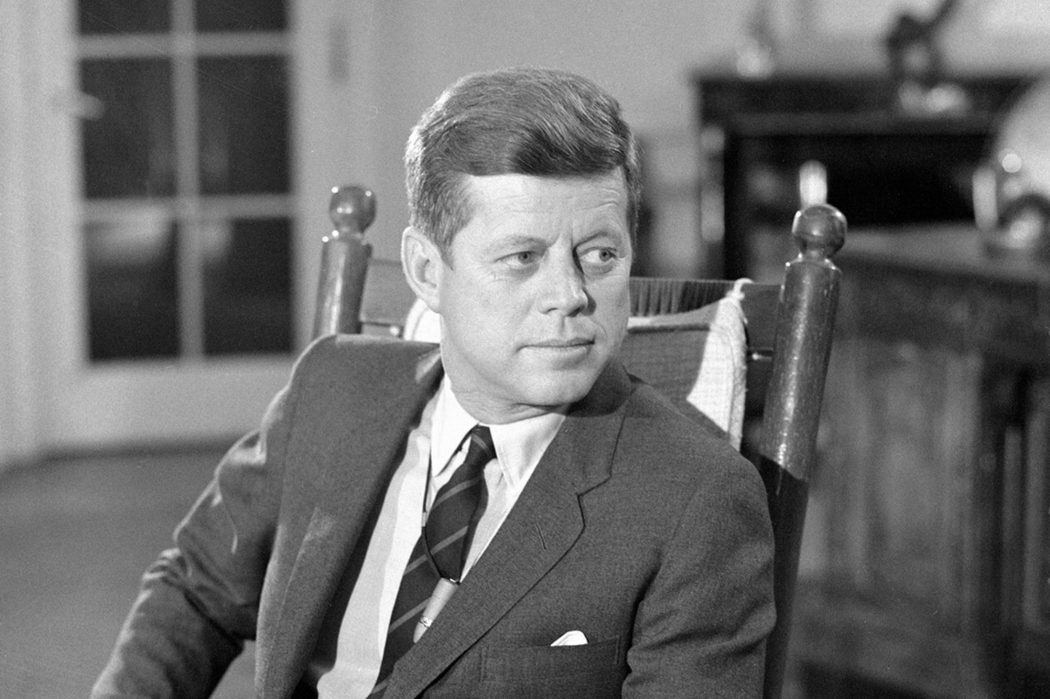The question of which U.S. president had the highest IQ is a fascinating one that has intrigued scholars, historians, and the general public alike. While intelligence can be measured in many ways, the concept of IQ, or intelligence quotient, provides a standardized means of assessing cognitive abilities. In this article, we will explore the IQ scores attributed to various U.S. presidents, analyze the validity of these figures, and consider how intelligence has played a role in their leadership. This discussion delves into the intersection of intellect and governance, offering insights into the qualities that define a successful leader.
As we navigate through this topic, we will uncover the complexities surrounding the measurement of intelligence, the historical context of the presidents in question, and the various factors that contribute to effective leadership beyond mere IQ scores. Our exploration will also highlight the importance of expertise, authoritativeness, and trustworthiness in evaluating the legacies of these leaders, aligning with the principles of E-E-A-T (Expertise, Authoritativeness, Trustworthiness) and YMYL (Your Money or Your Life).
By the end of this article, readers will gain a comprehensive understanding of which president is believed to have the highest IQ and how that intelligence has influenced their presidency and the American political landscape. Let’s embark on this enlightening journey through history and intelligence!
Table of Contents
- Understanding IQ: What It Means
- Presidents and Their IQ Scores
- Who Had the Highest IQ?
- The Role of Intelligence in Leadership
- Factors Influencing Presidential Leadership
- Historical Context of Presidential IQs
- Debates and Controversies Surrounding Presidential IQs
- Conclusion: Intelligence Beyond IQ Scores
Understanding IQ: What It Means
Intelligence Quotient (IQ) is a measure used to gauge a person's intellectual abilities in relation to others. The average IQ score is set at 100, with most people scoring between 85 and 115. Scores above 130 are often categorized as "gifted." It’s important to note that while IQ can provide insight into cognitive abilities, it does not encompass the entirety of a person's intelligence or their potential as a leader.
Presidents and Their IQ Scores
Various sources have attempted to assign IQ scores to U.S. presidents, often relying on anecdotal evidence or historical assessments. Here are some notable presidents and their estimated IQ scores:
- John Quincy Adams: Estimated IQ of 175
- Thomas Jefferson: Estimated IQ of 160
- Abraham Lincoln: Estimated IQ of 160
- Woodrow Wilson: Estimated IQ of 150
- Harry S. Truman: Estimated IQ of 130
These figures are often debated, as the methods of estimation can vary greatly. Factors such as educational background, accomplishments, and personal writings contribute to these assessments.
Who Had the Highest IQ?
While many presidents have been cited as possessing high IQs, John Quincy Adams is often mentioned as the president with the highest estimated IQ, around 175. His extensive education, multilingual abilities, and contributions to diplomacy reflect his intellectual prowess. However, it’s essential to understand that such estimates are not definitive and can be influenced by various factors, including bias and the limitations of the IQ test itself.
John Quincy Adams: A Closer Look
Born in 1767, John Quincy Adams was the sixth president of the United States, serving from 1825 to 1829. He was a remarkable diplomat, serving as the U.S. ambassador to several countries before his presidency. His intelligence was evident in his writings and speeches, which displayed a deep understanding of political theory and international relations.
The Role of Intelligence in Leadership
Intelligence can significantly influence a leader's decision-making capabilities, strategic thinking, and problem-solving skills. However, effective leadership encompasses more than just cognitive abilities; emotional intelligence, communication skills, and ethical judgment are equally crucial. Leaders must navigate complex social and political landscapes, requiring a blend of intellect and interpersonal skills.
Factors Influencing Presidential Leadership
Several factors contribute to a president's effectiveness, including:
- Experience: Previous political experience can enhance a president's leadership capabilities.
- Public Support: The ability to connect with the public and gain their support is vital.
- Political Environment: The political landscape during a president's term can significantly affect their leadership.
- Advisory Team: The quality of advisors and cabinet members can influence decision-making.
Historical Context of Presidential IQs
The historical context in which presidents operated can also shape their legacies. For instance, the challenges faced by Abraham Lincoln during the Civil War required not only intelligence but also resilience and empathy. Understanding the context of each presidency is essential in evaluating their effectiveness and contributions to American history.
Debates and Controversies Surrounding Presidential IQs
The discussion surrounding presidential IQ scores is often contentious. Critics argue that IQ tests are culturally biased and not comprehensive measures of intelligence. Additionally, attributing a president's success solely to IQ overlooks other critical factors such as character, integrity, and the ability to inspire others.
Conclusion: Intelligence Beyond IQ Scores
In conclusion, while it is intriguing to explore which president had the highest IQ, it is vital to recognize that intelligence is multifaceted. Leadership in the presidency involves a complex interplay of cognitive abilities, emotional intelligence, and contextual factors. Understanding these dynamics can help us appreciate the contributions of various presidents throughout American history.
We encourage readers to share their thoughts in the comments below or explore other articles on our site for more insights into historical figures and their legacies.
Thank you for joining us on this exploration of presidential intelligence. We hope to see you again soon!




